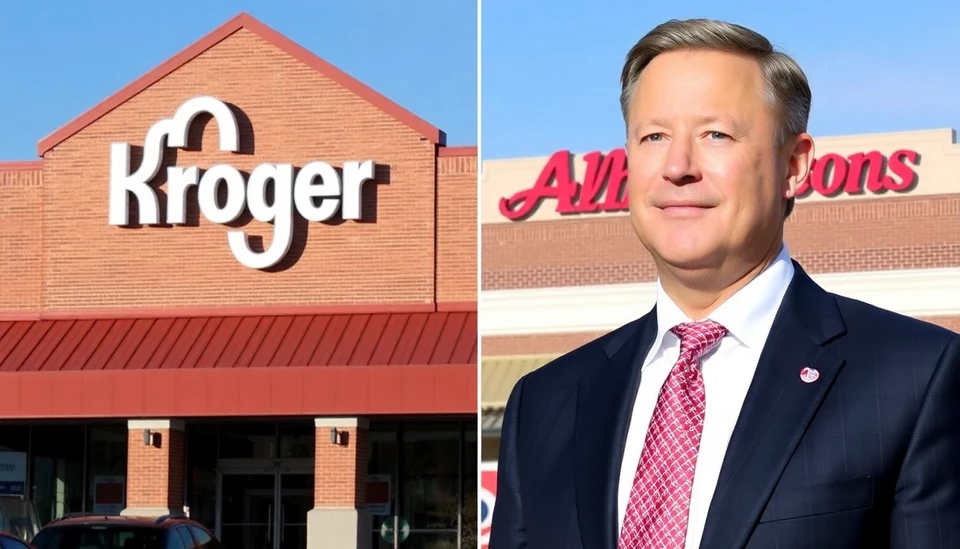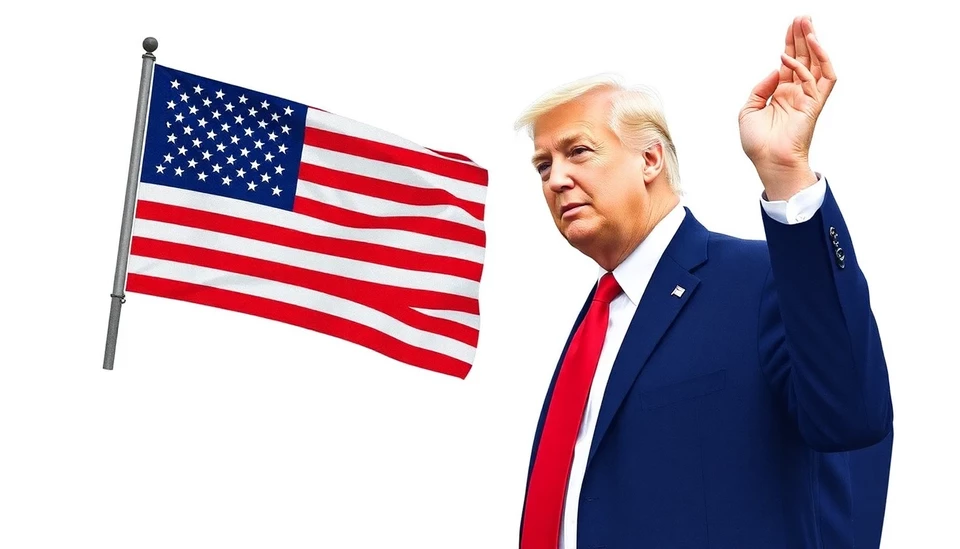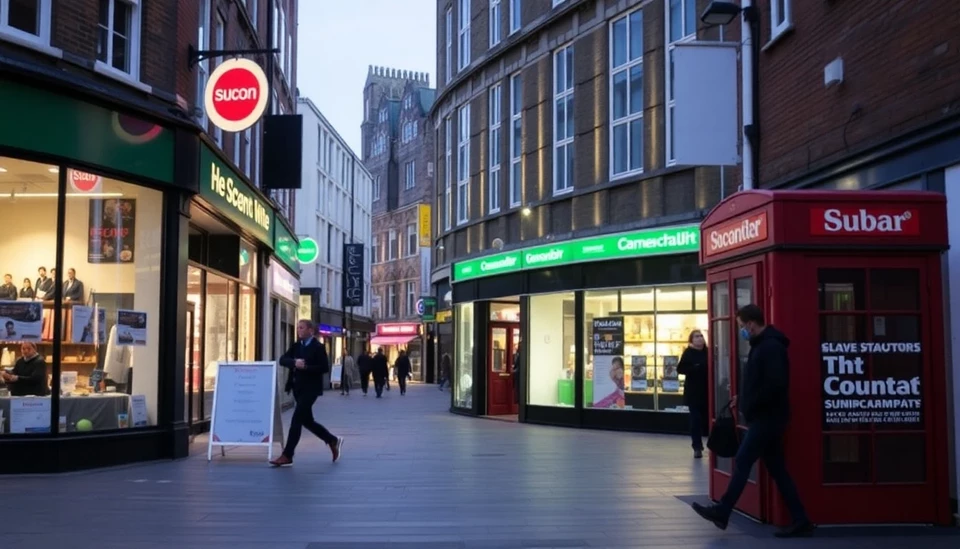
In a significant legal setback for Kroger, the U.S. District Court has officially blocked the supermarket giant’s proposed $24.6 billion acquisition of rival grocery chain Albertsons. This ruling sets a precedent in the ongoing scrutiny of merger practices in the grocery sector and signifies heightened regulatory vigilance over large-scale corporate consolidations.
The ruling was delivered by Judge Robert Pitman, who determined that the merger would likely reduce competition in the grocery market, leading to higher prices and fewer choices for consumers. Concerns surrounding market monopolization have become increasingly pronounced, particularly as various sectors experience drastic shifts due to inflationary pressures and supply chain disruptions.
Kroger's plan, announced in October 2022, aimed to create one of the largest grocery chains in the United States, significantly increasing the company's footprint and market power. However, from the outset, analysts and regulators cautioned that the merger would undermine competitive dynamics within the grocery industry, particularly affecting smaller chains and local markets.
During the courtroom proceedings, evidence was presented that highlighted potential negative impacts on consumer welfare, including expected price increases in grocery items. Judge Pitman noted that consumers have faced exorbitant costs due to inflation, and the addition of this merger would only exacerbate financial strains. “The proposed merger raises serious concerns about maintaining a competitive landscape in an already challenging economic environment,” the judge stated.
Kroger plans to appeal the decision, asserting that the merger would generate efficiencies and will ultimately benefit consumers through better prices and improved service. They argue that the acquisition would enable Kroger to compete more effectively against larger rivals such as Walmart and Amazon, which have expanded their grocery offerings in recent years.
Despite Kroger's intentions, the ruling underscores a stringent regulatory climate extended by the Biden administration, which has aimed to reevaluate and tighten antitrust laws. The government has prioritized protecting consumer interests, focusing on preventing monopolistic practices that can diminish competition and harm shoppers.
As the legal saga unfolds, industry experts are watching closely, pondering the implications this case could have on future mergers and acquisitions not only in the grocery sector but across various industries witnessing similar consolidation efforts. The outcome may serve as a bellwether for how aggressive antitrust enforcement can reshape market structures in America.
This case follows shortly after some other high-profile merger rejections and could lead to an increased number of challenges against proposed consolidations in the food and retail sectors, as regulators seem ready to uphold market competition against powerful corporate interests.
As Kroger prepares its next legal steps, both consumers and investors will be keenly attentive to how this case shapes the competitive landscape in the grocery industry.
In summary, the federal judge's decision to block Kroger's acquisition of Albertsons is a critical moment in U.S. antitrust history, reflecting the government’s determination to maintain competitive markets for the benefit of consumers.
<#>Kroger #Albertsons #MergerBlock #Antitrust #GroceryIndustry #FederalJudgment #MarketCompetition #ConsumerRights
Author: Victoria Adams




